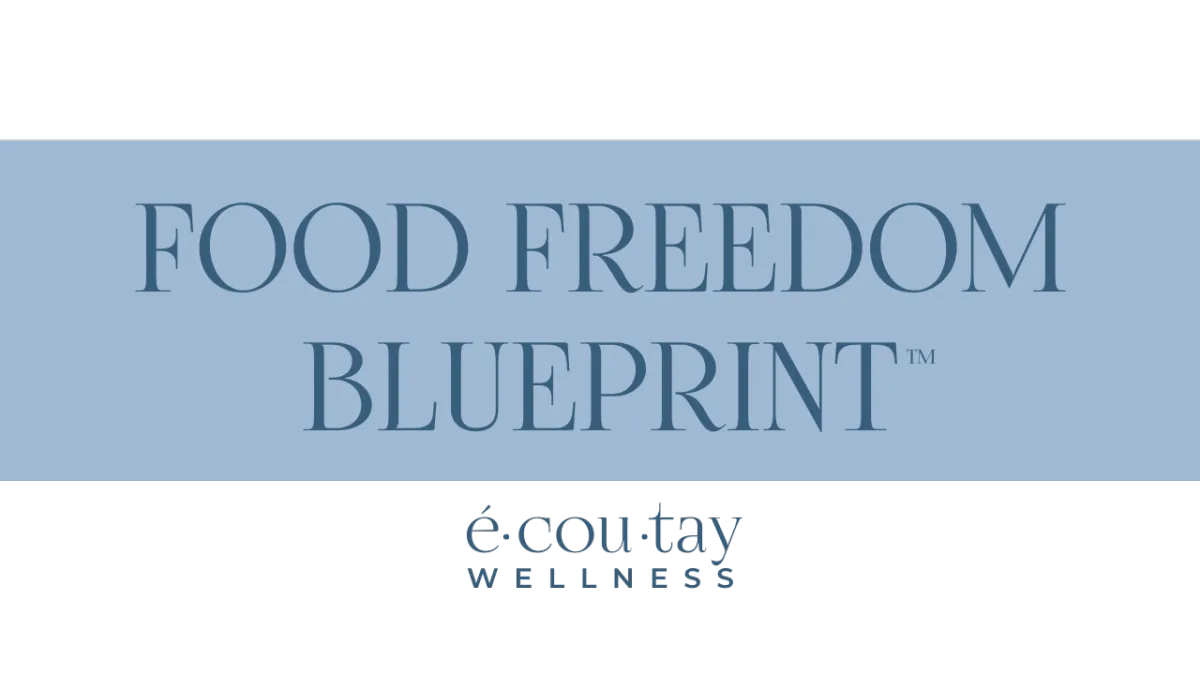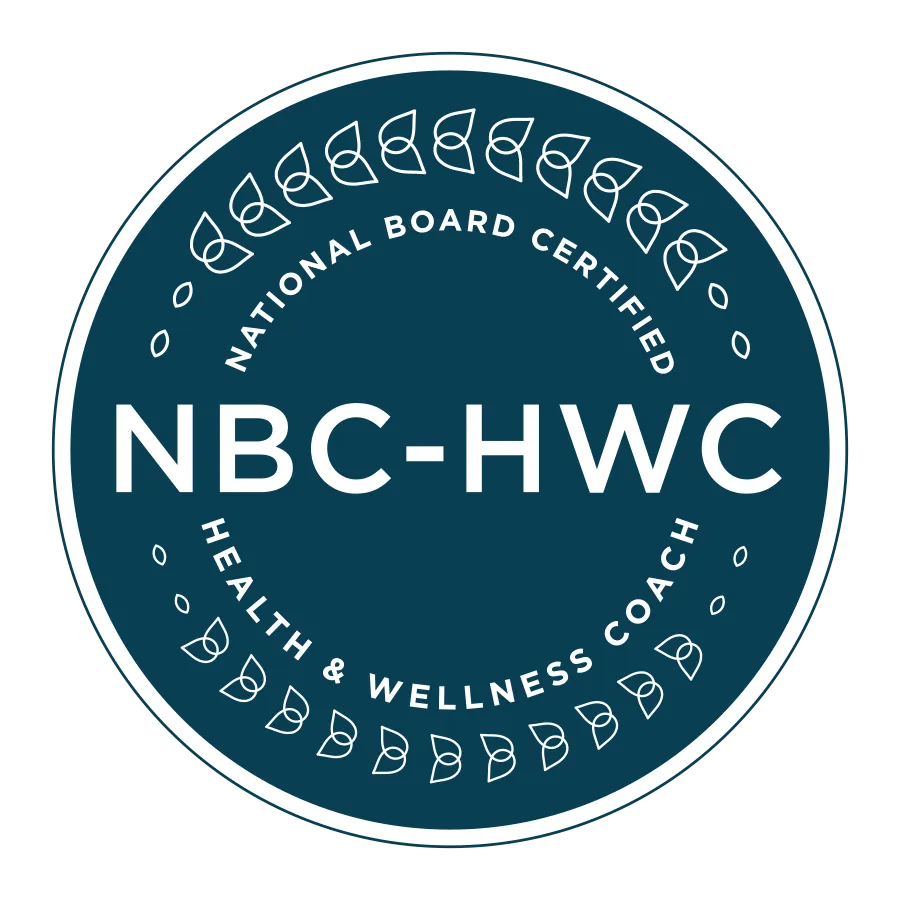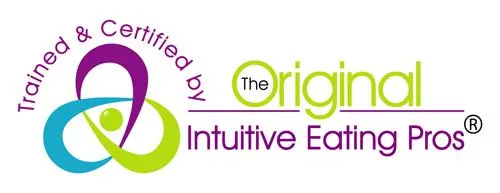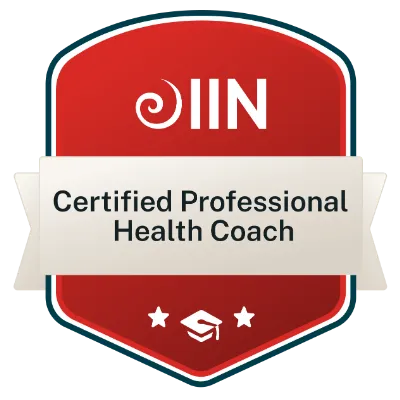Helping Active Women BREAK FREE FROM disordered eating & ENJOY FOOD...AGAIN!
no rules • no restrictions • no guilt

Food doesn’t have to be a battle.
If dieting, overthinking, and second-guessing every bite actually worked, you wouldn’t still be searching for answers. The truth?
You don’t need more rules—you need FREEDOM.
I help active women stop stressing over food so they can eat with confidence, feel good in their bodies, and finally break free from the restrict-binge cycle.
Ready to finally feel free? Let’s get started.
DOWNLOAD MY FREE GUIDE!


THIS GUIDE WILL TEACH YOU:
THE SECRET STRATEGY TO BREAK FROM FROM FOOD RESTRICTION & GUILT SO YOU CAN ACTUALLY ENJOY FOOD WITHOUT THE DAILY MENTAL TUG-OF-WAR!
écoutay
/ā/kōō/'tā (commonly spelled in French as écouter)
verb
• to give one’s attention to a sound
• to hear something with thoughtful intention
noun
• the act of listening to something, someone, or one’s own inner voice
I believe that everyone deserves to have their voice heard, including their inner voice.
The crucial step in doing so is learning to listen.
meet cindy

Hi, I'm Cindy Parker, founder of écoutay wellness. I'm so glad you're here!
I'm a recovering Type A perfectionist, a disordered eating survivor, and a food freedom ally.
I spent years as a competitive athlete, thriving on discipline and achievement but secretly battling food guilt, body anxiety, and an all-or-nothing mindset. No matter how much I pushed myself, I felt out of control and exhausted, stuck in a relentless cycle of restriction, overexercising, and self-judgment.
After reaching my breaking point, I discovered Intuitive Eating, healed my relationship with food, and reclaimed my life. Now, as a National Board Certified Health and Wellness Coach (NBC-HWC) and Certified Intuitive Eating Counselor, I help athletic women break free from diet culture, trust their bodies, and find balance.
If you have ever struggled with body acceptance, food and exercise guilt, food stress, restricted eating or any other facet of disordered eating, I am here to help.


© Ecoutay LLC 2025 • All Rights Reserved • Terms & Conditions
THE ÉCOUTAY APPROACH
At écoutay wellness, Intuitive Eating Counseling helps active women break free from food rules and build a sustainable, stress-free relationship with eating. Instead of following rigid diets, you’ll learn to trust your body’s hunger and fullness cues, quiet the food guilt, and reconnect with movement in a way that feels good—not forced. When you heal your relationship with food, everything shifts—from your energy to your mindset—creating lasting, positive change.
SERVICES
Health Discovery Session

Not sure which approach (1:1 or group) is best for you? Book a call and let's chat about where you are with your goals and where you want to be!
1:1 Intuitive Eating Counseling

Stop the endless dieting and food guilt. Heal your relationship with food and enjoy the pleasure and satisfaction of eating again.
Food Freedom Blueprint™

• NEW •
Self-study course offering on-line lessons, Zoom group sessions and more!
Not sure which approach (1:1 or group) is best for you? Book a call and let's chat about where you are with your goals and where you want to be!
Stop the endless dieting and food guilt. Heal your relationship with food and enjoy the pleasure and satisfaction of eating again.
• NEW •
Self-study course offering on-line lessons, Zoom group sessions and more!

© Ecoutay LLC 2025 • All Rights Reserved • Terms & Conditions • Privacy Policy




